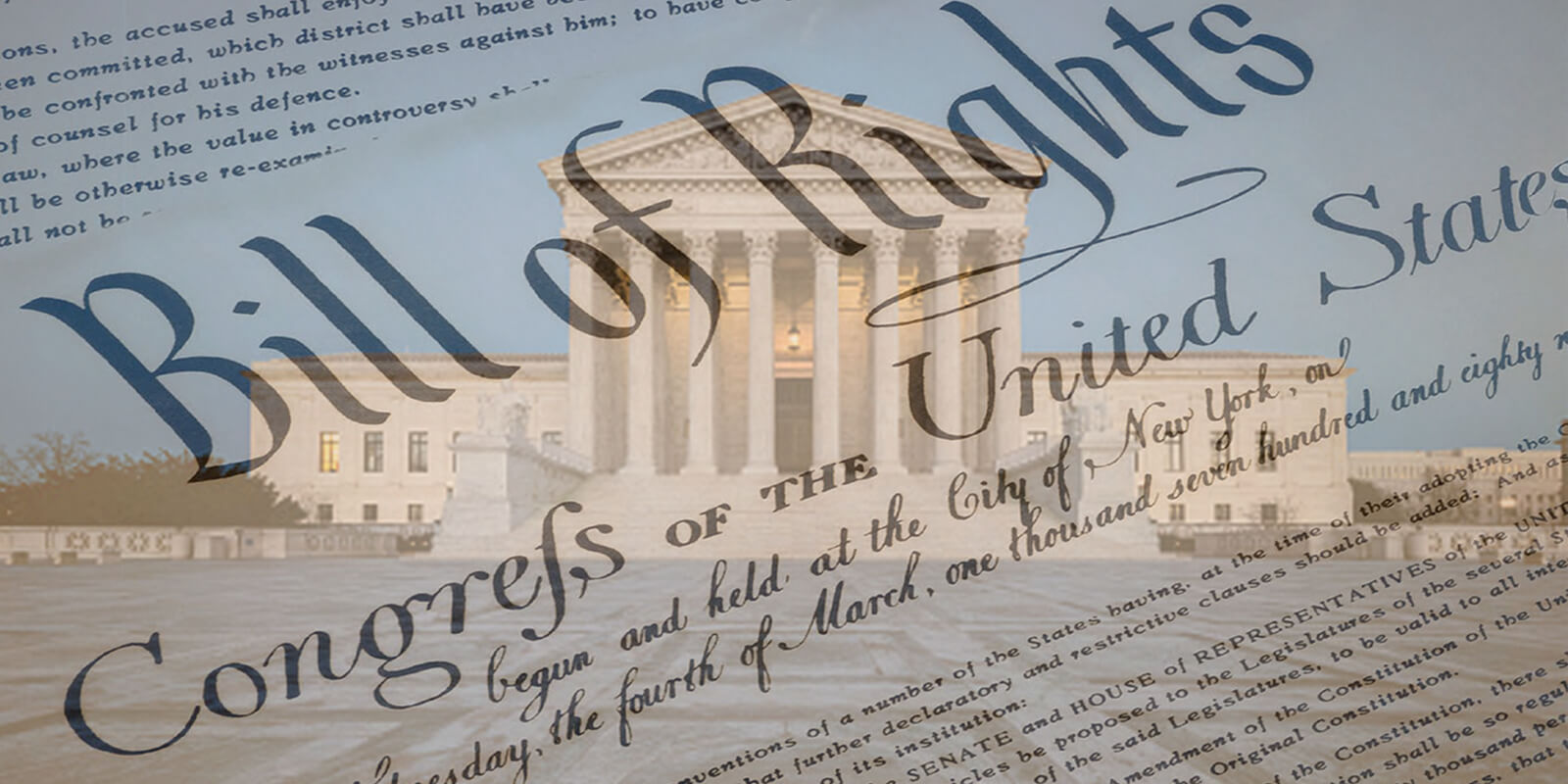More than 35 amicus briefs filed with the U.S. Supreme Court in Janus v. AFSCME Council 31 make compelling arguments for the court to rule for working people.
The briefs urge the court to uphold the 1977 ruling in Abood v. Detroit Board of Education. Collectively, the briefs ask a clear question of the justices: Does merit still matter in America in 2018?
The authors of these briefs include conservative First Amendment originalists; Nobel prize-winning economists; state and local public employers; Republican lawmakers; child protective service workers; more than 85 civil rights groups, including the Human Rights Campaign; ecumenical communities and the U.S. Conference of Catholic Bishops; mayors of major U.S. cities; as well as U.S. senators who examine the political intent behind this case.
Taken together, they make a compelling argument that the Supreme Court’s unanimous ruling of more than 40 years ago in Abood was correct: Fair-share fees are permissible under the First Amendment.
Compare these to the briefs filed by the other side in this case, which were mostly authored by political interest groups funded by a small cadre of right-wing interests. It is apparent that Janus v. AFSCME Council 31 is a political attack on the freedoms of working people by the same corporate billionaires and corporate interests that have for years rigged our economy and politics in their own favor.
At a time when America desperately needs to regain its faith in our government institutions, we hope the Supreme Court will see this ruse for what it is and decide the case on the merits, on precedent and on the principle that state and local governments should be allowed to decide for themselves how to handle their own labor relations.
Read the amicus briefs at SCOTUSblog (scroll to bottom).
